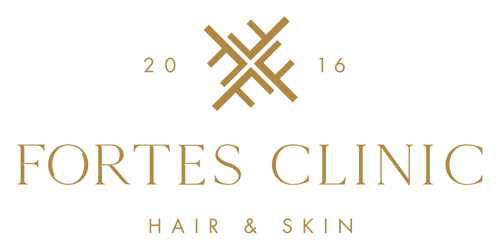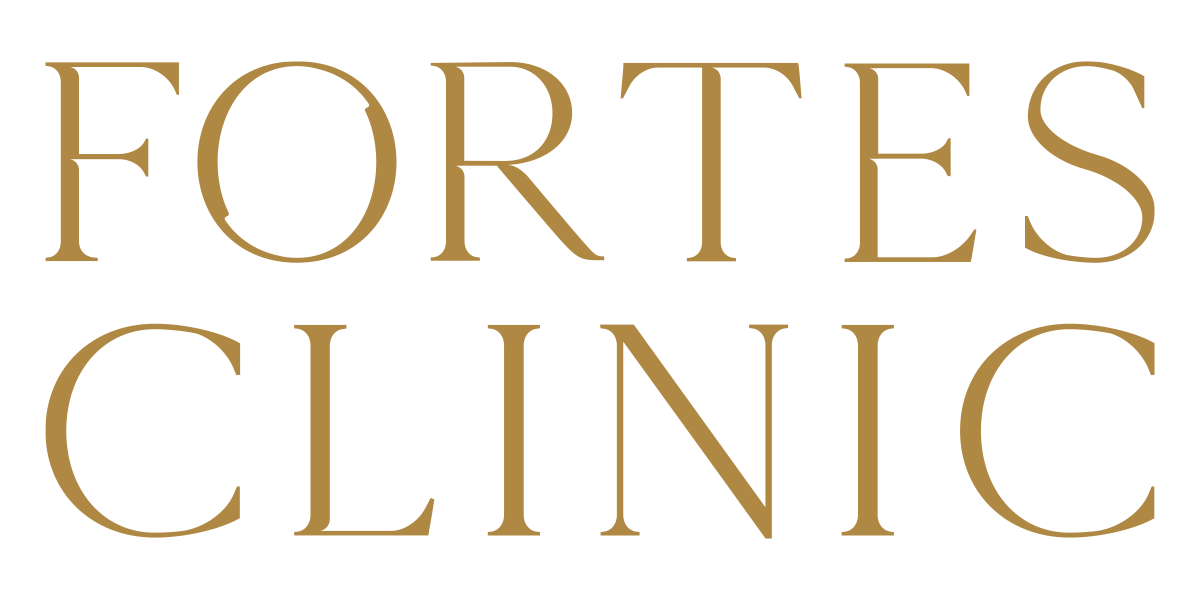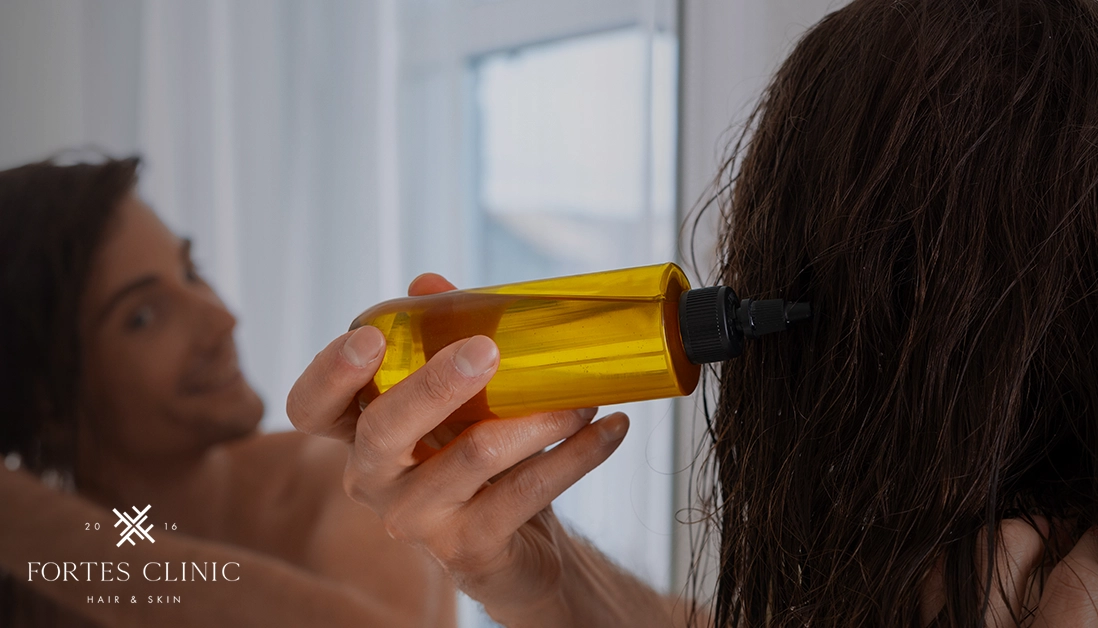Introduction to Hair Growth Vitamins
Healthy, vibrant hair is a sign of overall well-being. However, achieving this often requires more than just topical treatments. Nutrition, specifically hair growth vitamins, play a pivotal role. This guide will illuminate the vital vitamins essential for lustrous locks and optimal hair health.
Understanding Hair Growth
The Hair Growth Cycle
Every strand of hair on our heads has its own life cycle, divided into three distinct stages:
- Anagen (Growth Phase): During this phase, which can last several years, hair cells multiply rapidly, resulting in steady hair growth.
- Catagen (Transitional Phase): This short transitional period of about 10 days sees the hair follicle contract and detach from the dermal papilla.
- Telogen (Resting Phase): For roughly three months, the hair rests. By the end, old hair sheds, and new hair begins its growth phase, restarting the cycle.
Factors Affecting Hair Growth
Hair growth and health can be influenced by various internal and external factors:
- Genetic factors: Our genes dictate hair texture, density, and growth rate.
- Hormonal changes: Fluctuations, especially during events like pregnancy, menopause, or due to certain medical conditions, can affect hair growth and texture.
- Nutritional deficiencies: Not consuming a balanced diet can lead to hair thinning or even hair loss.
- Environmental factors: Prolonged exposure to sun, pollutants, and chemicals can damage hair and hinder its growth.
Essential Hair Growth Vitamins: An In-depth Look
Vitamin A
All cells need vitamin A for growth, and our hair, being the fastest growing tissue in the body, is no exception.
Functions
Aside from aiding cell growth, vitamin A helps in the production of sebum, a natural oil that keeps the scalp moisturised and healthy.
Sources
Leafy greens, orange and yellow vegetables like carrots and pumpkins, milk, eggs, and yogurt are rich in vitamin A.
Recommended Dosage
Varies depending on age and gender; typically, adults require 700-900 micrograms daily.
Precautions
Excessive consumption can lead to hair thinning. Balance is key.
B-Vitamins
Known for their role in cell metabolism, they directly impact hair growth.
Biotin (Vitamin B7)
Functions
Vital for hair health, a deficiency can lead to hair thinning.
Sources
Nuts, seeds, salmon, dairy, and avocados.
Recommended Dosage
Around 30-100 micrograms daily for adults.
Precautions
Extremely high doses might cause skin rashes or digestive issues.
Niacin (Vitamin B3)
Functions
Improves blood circulation to the scalp, promoting hair growth.
Sources
Chicken, beef, fish, and whole grains.
Recommended Dosage
Men require around 16mg and women about 14mg daily.
Precautions
Overconsumption may lead to flushed skin.
Other B-Vitamins
Essential for creating red blood cells, which carry oxygen and nutrients to the scalp.
Vitamin C
A powerful antioxidant, vitamin C protects against oxidative stress caused by free radicals.
Functions
Apart from its antioxidant properties, it aids in the body’s production of collagen, crucial for hair strength.
Sources
Citrus fruits, guava, strawberries, and peppers.
Recommended Dosage
For adults, typically between 65-90mg daily.
Precautions
Excessive intake might lead to stomach cramps or diarrhoea.
Vitamin D
Emerging research suggests vitamin D plays a role in hair production.
Functions
It’s thought to stimulate hair follicles.
Sources
Direct sunlight, fatty fish, mushrooms, and fortified foods.
Recommended Dosage
About 15 micrograms daily for most adults.
Precautions
Overconsumption can lead to calcium build-up in the blood, causing fatigue or kidney problems.
Vitamin E
This antioxidant helps combat oxidative stress.
Functions
Protects hair cells from damage, keeping them healthy.
Sources
Nuts, seeds, spinach, and broccoli.
Recommended Dosage
Approximately 15mg daily for adults.
Precautions
High doses can lead to excessive bleeding due to its blood-thinning effects.
Iron
A crucial element for hair growth, iron deficiency can cause hair loss.
Functions
Iron aids red blood cells in carrying oxygen to our cells, including hair follicles.
Sources
Red meat, spinach, lentils, and tofu.
Recommended Dosage
Women need about 18mg, while men require 8mg daily.
Precautions
Excessive iron may cause stomach issues, constipation, or nausea.
Zinc
It plays a role in hair tissue growth and repair.
Functions
Keeps oil glands surrounding follicles functioning properly.
Sources
Meat, shellfish, chickpeas, and lentils.
Recommended Dosage
Men should aim for 11mg, women for 8mg daily.
Precautions
Overconsumption might lead to hair loss or a weakened immune system.
The Synergy of Hair Growth Vitamins and Minerals
One vitamin alone won’t boost hair growth. A mix of these nutrients, consumed in the right balance, optimises hair health. A diverse, balanced diet ensures you receive a rich blend of these vitamins and minerals.
Natural vs. Supplemental Intake
Benefits of Natural Intake
While supplements can provide a concentrated dose of specific nutrients, whole foods offer other beneficial compounds, including antioxidants, phytonutrients, and fibre, enhancing overall health.
When to Consider Supplements
If you’re facing hair issues or suspect a deficiency, it’s crucial first to seek expert advice. Sometimes, a simple dietary adjustment can do wonders, but in certain situations, supplements might be recommended.
Common Myths and Misconceptions
The world of hair care is rife with myths. One common misconception is that taking biotin supplements will guarantee hair growth, regardless of deficiency. It’s vital to base any decisions on sound research and expert advice.



